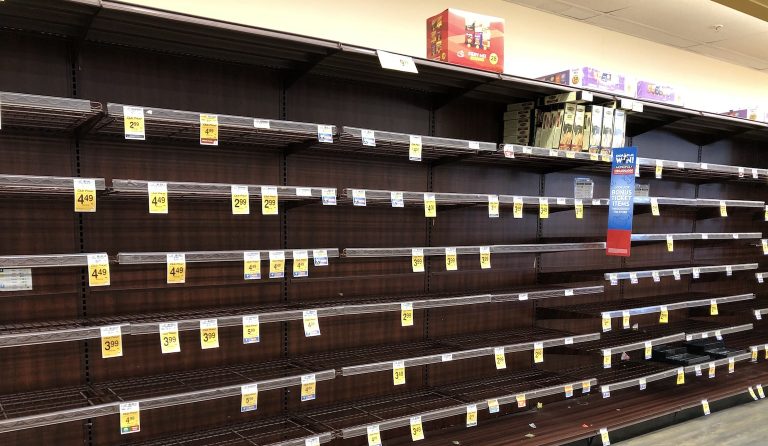Pandemic's impact on retail has been huge in the last year. Experts predict its consequences will last even after the end of restrictions and try to imagine how shopping will be in the future.

Helen Dickinson, chief of executive of British Retail Consortium, talks about how shopping habits have changed during one year of pandemic. Non-essential stores around the UK will reopen on April 12 at the earliest, claimed the Prime Minister, but experts observe a dramatic change in shopping habits.
British Retail Consortium’s view on post-pandemic shopping
The pandemic has changed everyone’s habits in the last year, especially for what concerns shopping. As Helen Dickinson stated, current retail situation feels “a world apart” from how it was before pandemic started.
Although empty supermarket shelves and the rush to essential goods of March 2020 seem now a far memory, uncertainty in retail persists.
According to Andrew Missingham, co-founder of consultancy B&A, the field won’t ever return to its pre-Covid state. Dickinson thinks differently: shopping habits have changed a lot, but not everything will remain the same after the end of the emergency. Shoppers may have tried new pleasing purchasing experiences, but also missed firsthand shopping. So within a short space of time after the lockdown ends, people will likely prefer go out and return to buy in shops.
Sophie Michael, national head of retail and wholesale at BDO, shares Dickinson’s view. Even if online sales has experienced “five years growth in one”, we should expect its growth to slowdown. Of course pandemic ha brought many new costumers to online retail. But it turned out that as restrictions softened, people quickly went back to stores.
In spite of online shopping huge growth, high street has actually a “strong future”, according to Ms Michael. It will look completely different and companies, which have invested in online, are likely to have an advantage.
Both Michael and retail analyst Richard Hyman forecast a dramatic change in the idea of store. Department stores will include, in their opinion, food courts and office areas, mixing different sorts of experiences in one place.
Greater changes still have to show up – says Hyman – when the state aid will decrease. Many “zombie businesses”, that could get by thanks to economic support, will have to face a time of uncertainty indeed.




